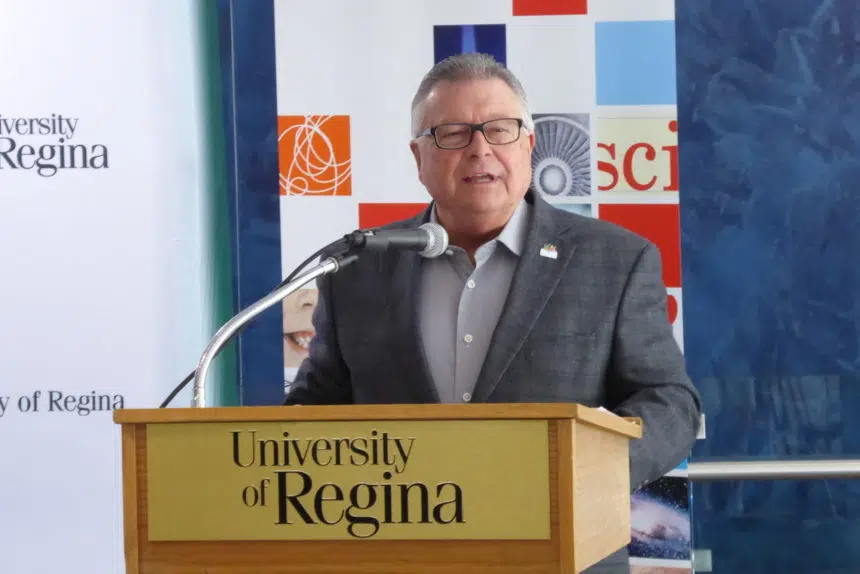When it comes to the Canadian government and the government of Saskatchewan, there are several big disagreements – and they hung over the Liberal caucus meeting this week in Saskatoon.
One of the biggest disputes is over the carbon tax.
The government of Saskatchewan has said it won’t sign onto the federal carbon plan, unveiling its own plan in bits and pieces. Premier Scott Moe has said multiple times that if the federal government tried to impose a carbon tax on Saskatchewan, that he’ll take it to court.
The tax was one of the things Moe and Prime Minister Justin Trudeau discussed in their meeting – which Moe described later as “frosty.”
The day after the caucus broke, the Liberal Party’s only Saskatchewan MP, Ralph Goodale, defended the carbon tax on air with Gormley.
Goodale described the carbon tax as a national initiative, and for it to be effective and fair, it needs to be nationally consistent. He repeated that any money that is raised from a carbon tax will go straight back to the people.
“The whole objective here is to get the incentives right – to reduce the pollution but to make sure the money is available to people in that jurisdiction to build their economy … Right now there is no cost to polluting, but there is a cost, say, to earning a good income. So we want to reverse those two incentives.”
When asked about how the money would come back and be distributed to people, Goodale said that hasn’t been determined yet.
One of the big criticisms of the carbon tax is that it will drive away business to other jurisdictions without one. But Goodale said that there’s a part of the tax plan – an output-based proposal – which will address that problem and allow companies here to be competitive.
A government backgrounder explained the proposal as a price on the portion of the emissions industrial facilities emit, that is higher than a determined limit – 70 per cent of an industry’s average output to start with.
The system will apply to industrial facilities which emit 50 kilotonnes of carbon dioxide or more per year.
“Facilities that emit less than their annual limit will receive surplus credits from the government for the portion of their emissions that are below their limit. A facility can trade surplus credits it earns, creating an incentive for facilities to reduce emissions below the limit when cost effective to do so,” reads the document.
Goodale pointed out that the plan unveiled by Saskatchewan’s government does something similar, but would need to cover more pollution to be acceptable to the federal government.
More provinces appear to be joining Saskatchewan in opposition to the federal carbon pricing plan.
Ontario’s new government said it’s ending its cap and trade system, and Alberta’s Premier announced Alberta would be pulling out of the federal plan until the Canadian government makes some headway on re-starting the TransMountain pipeline.







